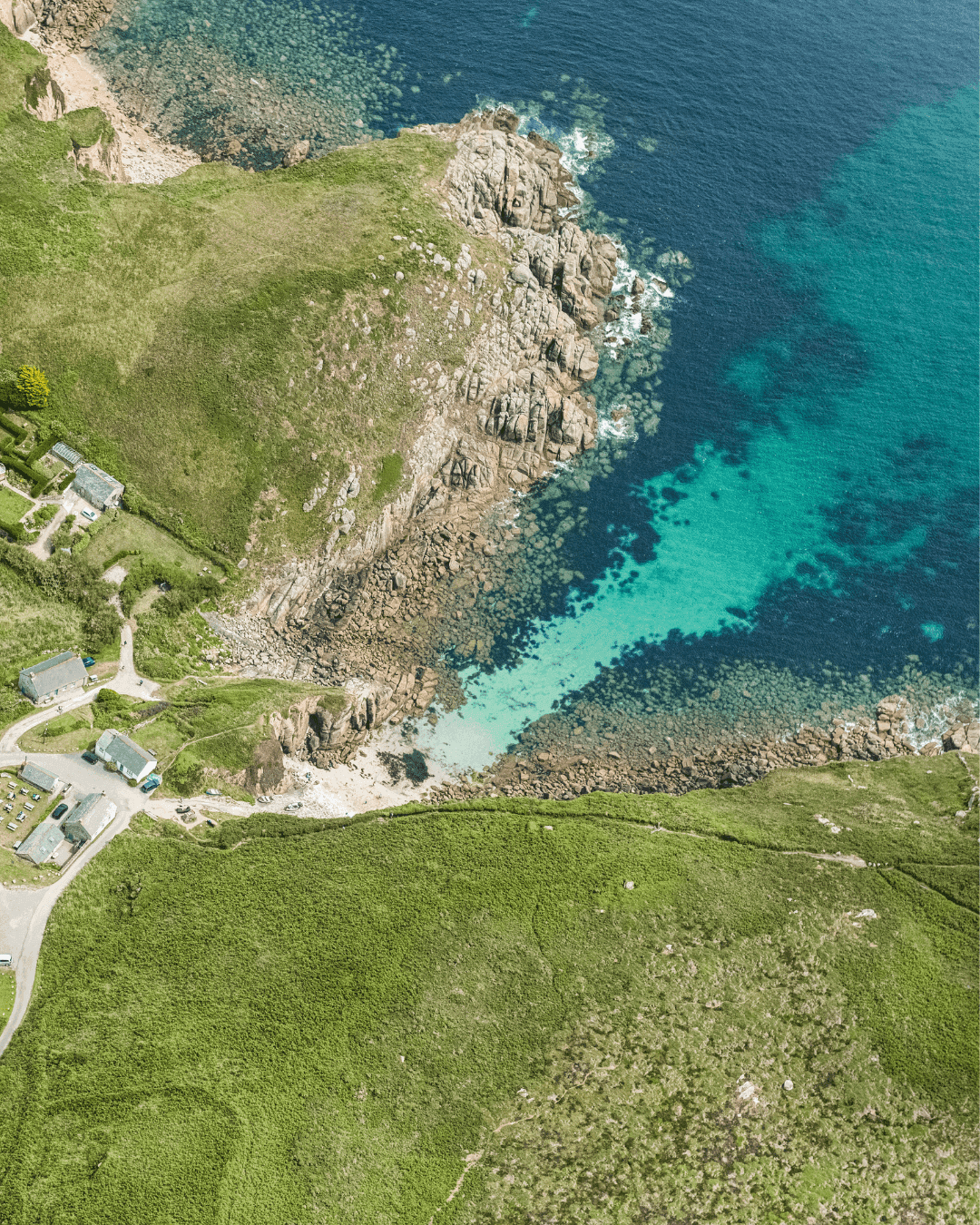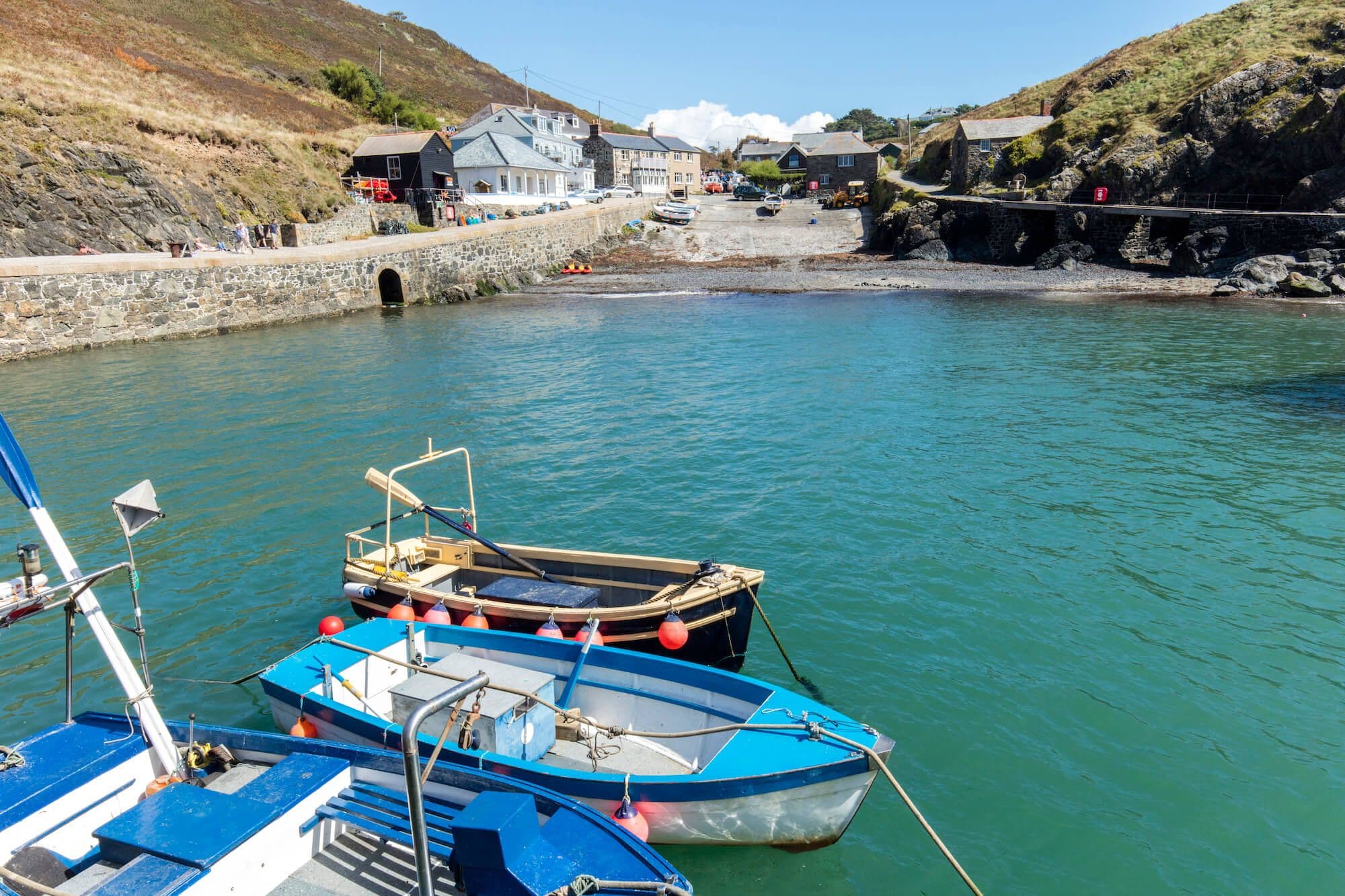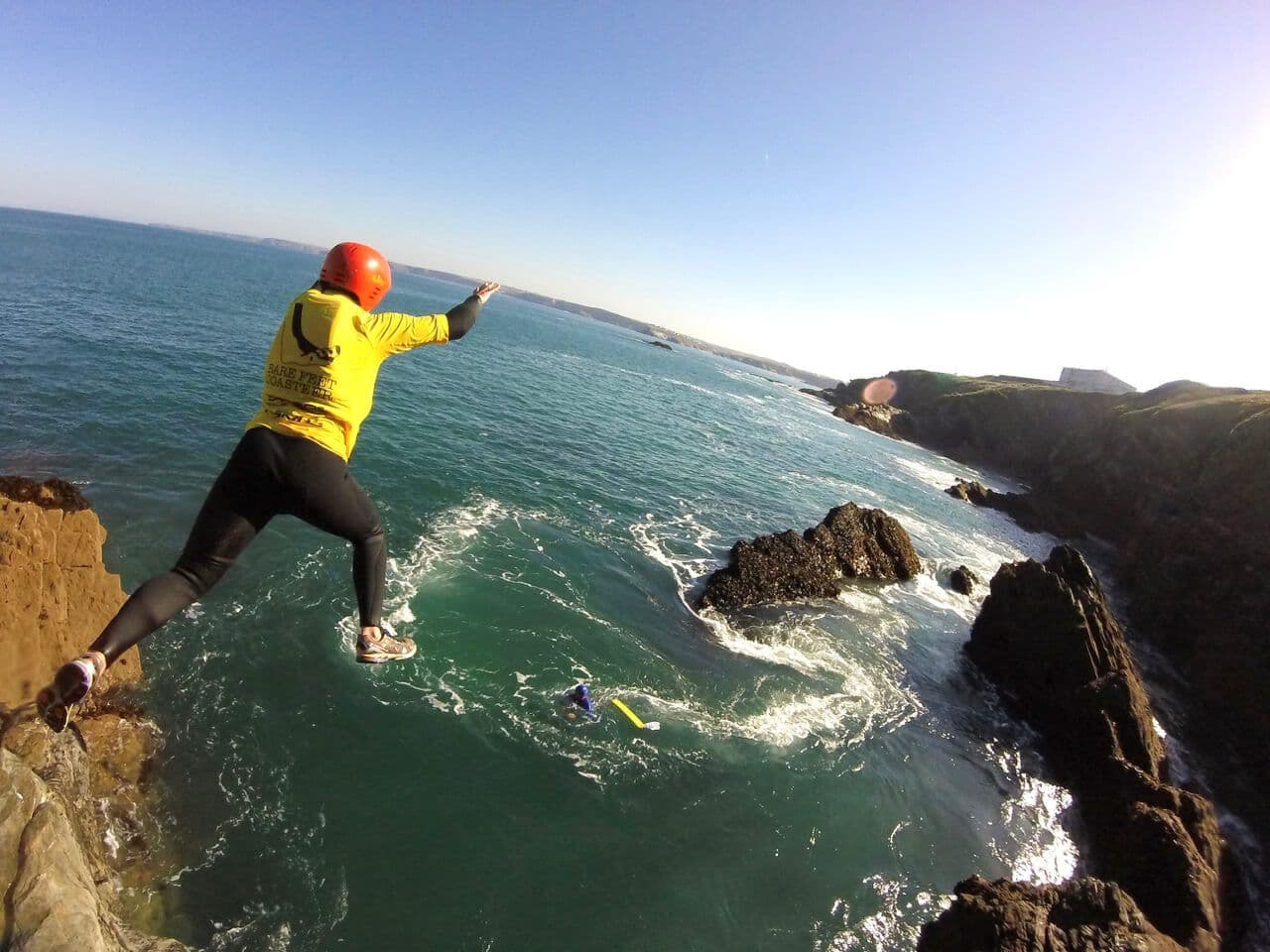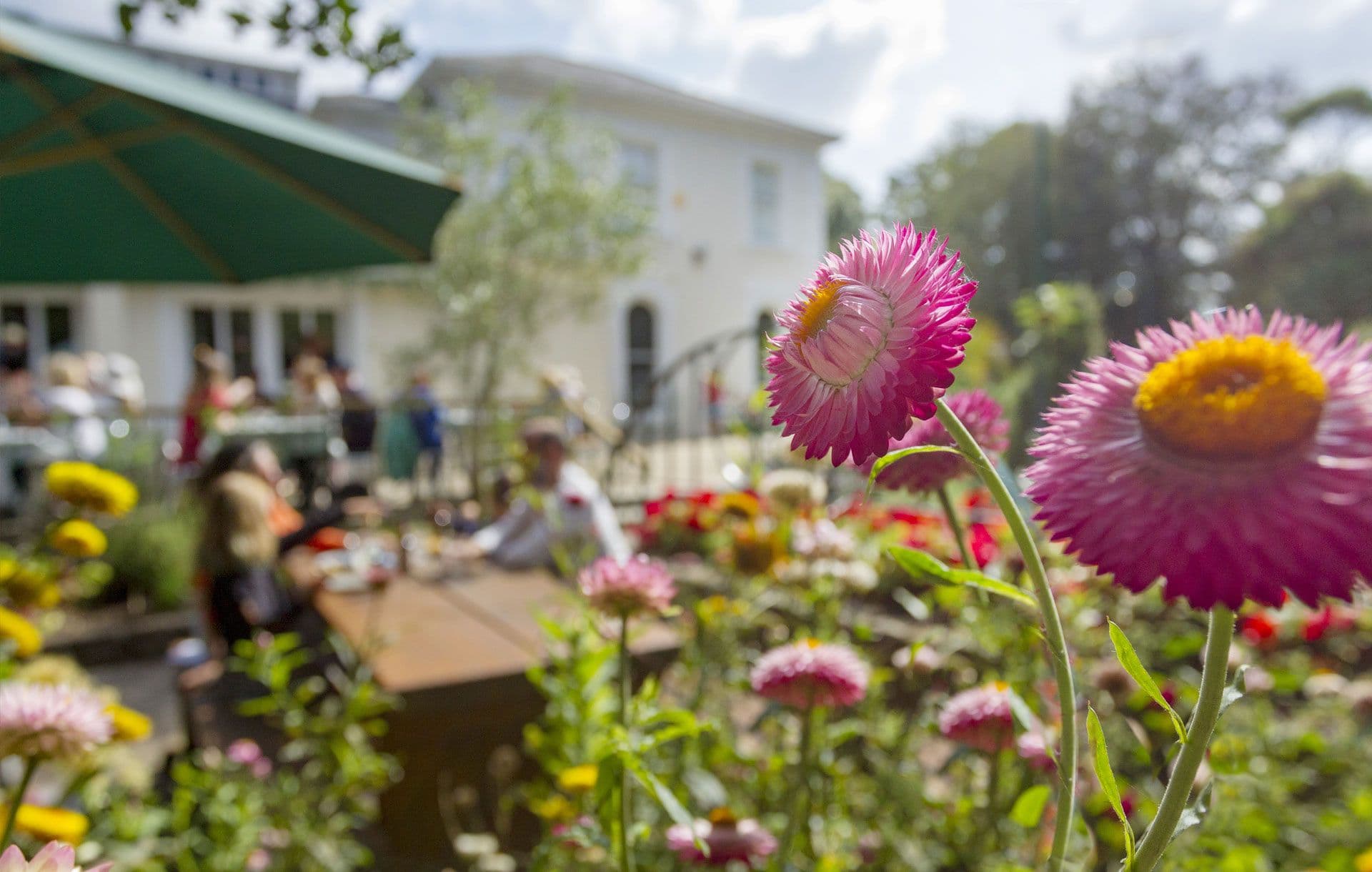Poldark: Porthgwarra and Pilchards
Like so many other phrases in common or colloquial parlance, much is owed to the Cornish! Did you know that making a “Hue & Cry” about something comes directly from the seine net fishing of Cornwall?
In Poldark series one, there are several scenes which feature peasant women looking hopefully out to sea. The pilchard shoals that used to be plentiful off the coast of Cornwall often made the difference between survival or starvation and if the absence of them followed a wet summer and failed harvest for some reason, then life might really hang in the balance. This was an age before shops, before freezers, before travelling for work and before options!
The pilchard fishery of Cornwall was widespread throughout the county but the main catches were always in late July. A lookout or “Huer” would be watching out to see for the characteristic glittering of a large shoal being near the surface. This would also have aroused the interest of seabirds so they were relatively easy to locate. The cry of “Heva!” would go out and the boats would take to the water and follow the directions given by the Huer by a basic semaphore. There would normally be a seine net boat of some size and one or two following boats that would help to close the open end of the net once the shoal was successfully surrounded.
Laterally, in the last hundred years, pilchards stocks have depleted so that fishing for them has become a somewhat artisan skill. Nevertheless they are still caught and usually canned and sold as Cornish sardines. In the time of Poldark, fish were a mainstay of the local diet. A large catch such as we see being landed in “Nampara Cove” (Porthgwarra) in series one, was a major boon to the local economy. The fish would have been scooped into baskets, gutted and transferred to hogshead barrels and packed tightly with generous layers of salt to preserve them. As many as 3,000 fish could be packed into a single cask which was then pressed to extract the valuable fish oil. As much as 8 or 9 gallons of fish oil could be extracted from a single cask and this would be sold as lamp oil. The sale of the oil more or less paid for the entire process of fishing and curing and as such the fish themselves were pure profit to the fishermen and their families. Having said that, in the late eighteenth century, so much of their survival was down to their own ingenuity and endeavours that most families would grow vegetables or barter fish for farm produce to balance diets.
Pilchards are by definition a smelly fish and it might have been less than desirable to have them curing in your own home so in many fishing coves, such as Porthgwarra or the beautifully preserved Penberth Cove (also a favourite Poldark location), there would have been fish cellars, known rather romantically as Pilchard Palaces where the curing process would keep the fish for up to a year. These palaces would have been closely guarded as they housed not only the most plentiful source of food for the community but also the salt used for the curing process.
Salt was, at the time of Poldark, heavily taxed by government and therefore was one of the most smuggled commodities. To pay the revenue on something as basic as salt would have again threatened their ability to even survive. So you see, gazing down on the slipway at Porthgwarra towards the little fishing boats that are still there, visualising the smiles on the faces of Ross and Demelza as they helped bring in the catch, it is easy to fall victim to the romance of the location. The harsh realities of fishing for pilchards in the eighteenth century were not that far flung from the harsh realities faced by fishermen that bravely set out from our Cornish ports today. They just have a ready supply of ice and maybe sturdier vessels!
You can find out more about Cornwall's fishing history at various attractions across Cornwall. We recommend the National Maritime Museum Cornwall in Falmouth.
- Land's End
Stay connected
Find us on socials and stay connected with the Cornwall you love.




